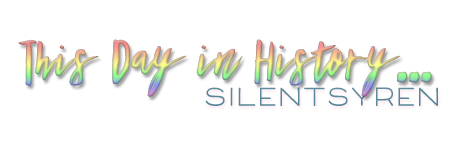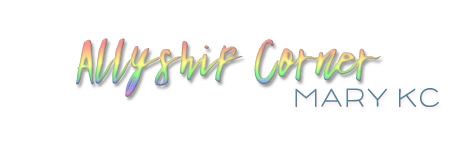The Stonewall Rebellion in 1969, also known as the Stonewall Riots, is considered one of - if not the event - that started the fight for LGBTQ rights and equality in America. Indeed, Stonewall was a pivotal event. However, it was not a singular event but a culmination of multiple things. A few years prior, another major event happened in New York City that involved one of the United States' earliest gay rights organizations, the Mattachine Society.
On April 21st, 1966, three gay men went out for a drink. Dick Leitsch, Craig Rodwell, and Randy Wicker went to several different bars that day, and the one they ended up at was a bar in Manhattan called Julius'. The three men approached the bartender and stated, loudly, that they were homosexuals and that they would like to order drinks. They were immediately denied service, and the 'sit-in' began.
So what happened? Well, the three men had been going to bars that day and had been trying to get denied service. This is because the New York State Liquor Authority would revoke the liquor licenses of any bar that served 'known or suspected homosexuals'. They got away with these discriminatory practices because 'intimate encounters between men' were considered disorderly conduct, and bars that were known to be LGBTQ+ hangouts were often raided by the police. In fact, Julius' had been raided only a few days before, and the staff were quick to deny the men in order to try and keep their liquor license.
The members of the Mattachine Society refused to leave the bar and employed the kind of non-violent sit-in protests used in the Civil Rights movement to protest racial segregation. With the help of the ACLU, they wanted to challenge these practices as well as the plain-clothes harassment and entrapment set up to trick gay men into illegal activity. The Commission on Human Rights got involved, and the State Liquor Authority had no choice but to remove the view of homosexual behavior as 'disorderly conduct'. While this did not end police raids on LGBTQ establishments and those that served LGBTQ people, the state could no longer close down a place for serving gay people. Three years later, the Stonewall Riots further ignited the spark in the fight for LGBTQ equality in protest of police brutality and harassment.
In 2015, Julius' was listed on the New York State Register of Historic Places. It was also placed on the National Register of Historic Places in 2016, and in 2022 was officially designated as a New York City Landmark.

